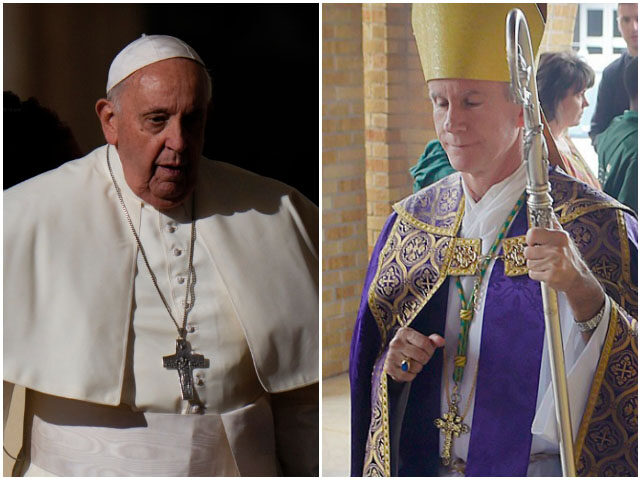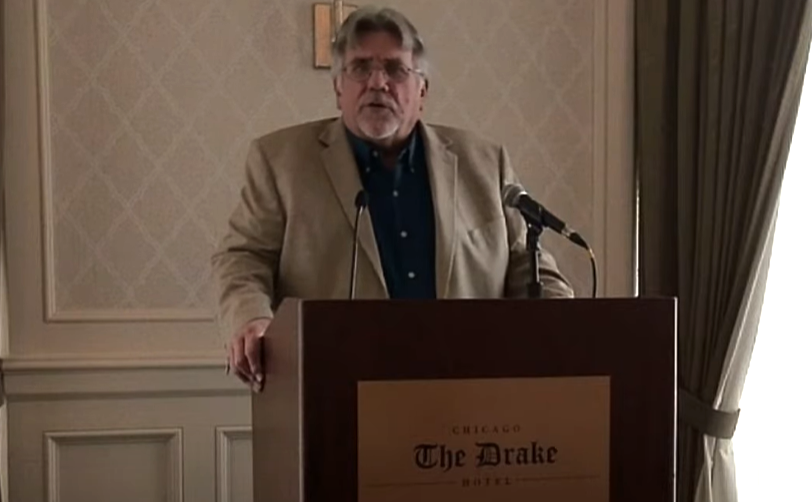 Imagine you are in the Roman Colosseum, circa 100 AD. You’ve just taken your seat as the gates in the middle of the arena have opened. Stepping out into the sun scorched dirt is a small group of men, looking shabby and unkempt, yet strangely calm and collected. The sun bares down on the charred ground as the crowd gets to its feet and begins to roar, as they know full well what’s coming. But you don’t get up with them. You stay in your seat and continue to look on among these strange men, which people around you are starting to call “Christians”.
Imagine you are in the Roman Colosseum, circa 100 AD. You’ve just taken your seat as the gates in the middle of the arena have opened. Stepping out into the sun scorched dirt is a small group of men, looking shabby and unkempt, yet strangely calm and collected. The sun bares down on the charred ground as the crowd gets to its feet and begins to roar, as they know full well what’s coming. But you don’t get up with them. You stay in your seat and continue to look on among these strange men, which people around you are starting to call “Christians”.
The bloodthirstiness in the eyes of those around you is most disturbing, but when looking upon the men on the arena floor, you feel a strange sense of serenity. Just who are these men? A moment later, the gates open again, and the lions make their move, and it becomes clear what their prey is. A few minutes later, the sun scorched ground is soaked with blood. The blood of the martyrs. Most of the crowd is in a frenzy, but for you, something is different. Something has taken root in your heart. As these men cried out to someone named “Jesus”, you begin to wonder why they so calmly met their demise. And this is why we can rightfully say that the blood of the martyrs is the seed for the Church.
When St. Ignatius of Antioch was approaching his own martyrdom in the Colosseum, he knew what he was getting into, but he had no fear. Much like St. Stephen the Protomartyr, he knew that he would be with his Lord soon:
“Now I begin to be a disciple of Christ. I care for nothing, of visible or invisible things, so that I may but win Christ. Let fire and the cross, let the companies of wild beasts, let breaking of bones and tearing of limbs, let the grinding of the whole body, and all the malice of the devil, come upon me; be it so, only may I win Jesus Christ.”
Cruelty Toward the Innocent
Witnesses like these were numerous, and it led many people to become Christians. There are many accounts of Roman soldiers and citizens who converted on the spot when seeing the zeal of the martyrs before them. Oftentimes, these Romans were then martyred alongside the Christians, and even came to be venerated as saints themselves.
One of those is St. Aglaius (or Eutychus), one of the forty Martyrs of Sebaste. In the year 320, a group of Christians were left to freeze in the winter air as they were not willing to offer sacrifice to the Roman gods. One of the men apostatized, leaving the group at an uneven thirty-nine. By God’s grace, and by seeing the witness of the other thirty-nine men, devoted to their God, St. Aglaius tossed aside his cloak, proclaimed that he was a Christian, and joined the other martyrs as they sang hymns, awaiting their heavenly reward. For his courage, St. Aglaius, along with the other brave martyrs, are now venerated by the whole Church and commemorated every year on March 10.
From stories such as this, it’s clear why we say that the witness of the martyrs gives life to the Church. It was Tertullian, one of the Early Church Fathers of the second century, who really coined the term “the blood of martyrs is the seed of the Church.” He drives the point home hard in his Apologeticus, directly addressing the Roman Empire:
“We are not a new philosophy but a divine revelation. That’s why you can’t just exterminate us; the more you kill the more we are. The blood of the martyrs is the seed of the church. You praise those who endured pain and death – so long as they aren’t Christians! Your cruelties merely prove our innocence of the crimes you charge against us…
And you frustrate your purpose. Because those who see us die, wonder why we do, for we die like the men you revere, not like slaves or criminals. And when they find out, they join us.”
Blood of Martyrs Regenerates the Church
Tertullian knew full well that the desired effect the Romans wanted to see from the Christian persecution was not happening. The Romans wanted the Christians to be “good citizens” and offer tribute to the false gods. So, by their logic, they figured making an example of Christians by executing them would dissuade others from becoming Christian. But as Tertullian pointed out, the number only increased. The witness of the martyrs made people wonder why the Christians would put their lives on the line, all for not offering a pinch of salt to Zeus. So we can truly say that the blood of those that died for Christ gave birth to even more Christians. For every person the Romans killed, at least two would be converted. This is why Christianity was able to rise so steadily during the first four centuries A.D.
In Christ Our Pascha: Catechism of the Ukrainian Catholic Church (CUCC), this witness is described beautifully, particularly in one of the hymns sung during Vespers for the Feast of All Saints of Rus-Ukraine:
“Copiously bedewed with the blood of many martyrs, the Church in our time reaps the grace-filled fruits of the holiness of her children. Martyrs and confessors are those who, for the sake of the glory of the age to come, sacrificed themselves in this present age. Their contribution to the future of the Church is beyond measure, because it is the gift of one’s entire life, ‘even to death upon the cross.’
“[From the hymn at Vespers:] May the supplications of the ancient righteous ones of the land of Ukraine and the sufferings of our confessors of the holy Gospel rise as fragrant incense before the throne of the Most High; for it is by their sacrifices that the Church of Christ is regenerated and strengthened in the midst of our people” (CUCC 326).







